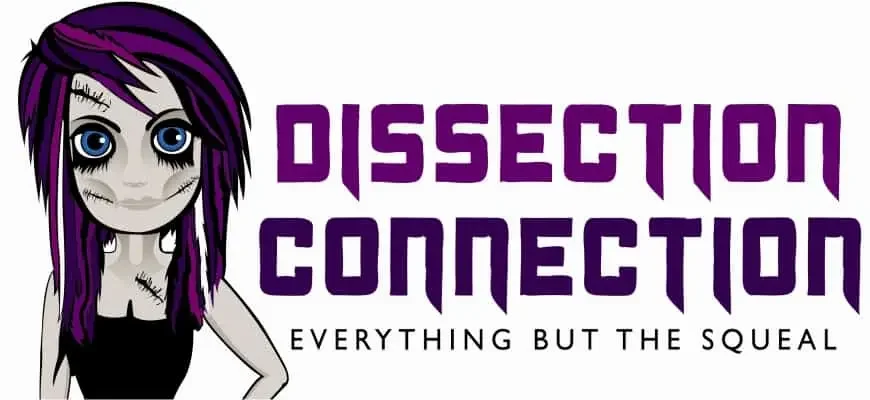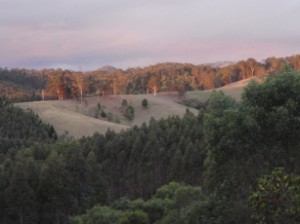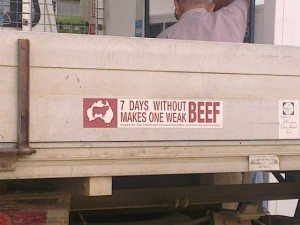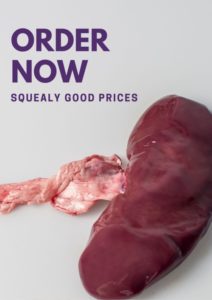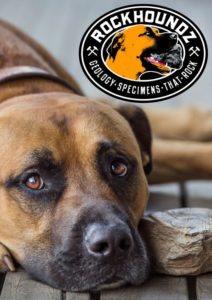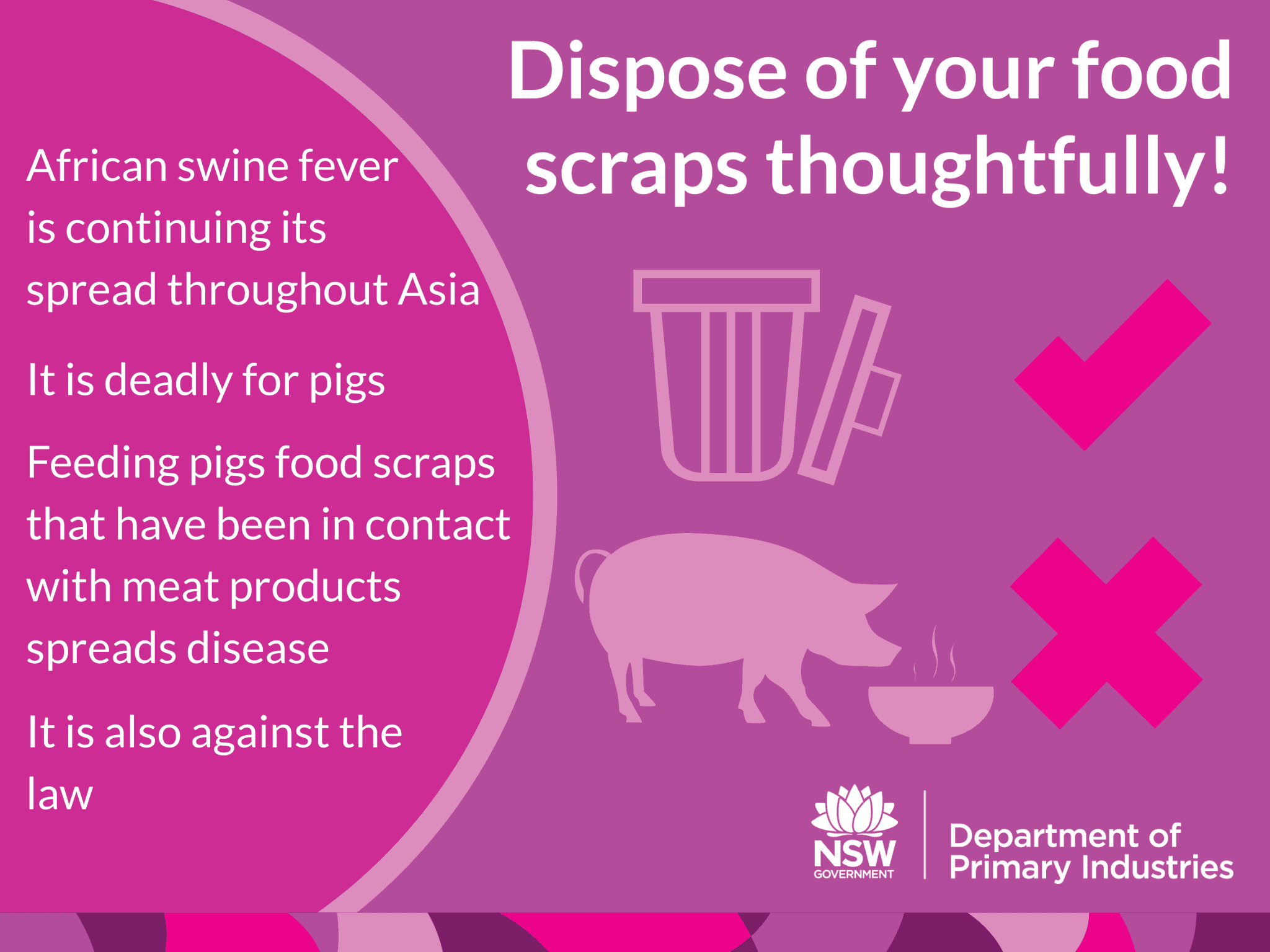
We’ve all seen the awful images of thousands of pigs being destroyed across Asia recently from countries that have been hit with African Swine Fever (ASF) and it is not only devastating for their agricultural producers, it threatens the food security of those nations. Small scale farmers are the hardest hit as they can lose their entire herd in one day.
This isn’t only a global crisis in terms of food production. It also has widespread implications for the genetic diversity of pigs around the world as up to one quarter of the world’s pigs have been culled by September 2019 to try and halt the spread of the disease.
Australia has been lucky so far and African Swine Fever has not been detected in Australian pig herds. However, two Western Australian men were jailed very recently for illegally smuggling boar semen from overseas through our airports – and they have been doing it since at least 2009. ASF was detected in Europe as early as 2007. It would only take one batch of infected semen to wipe out most of our domestic herds as well.
Imports of pork from affected countries have been restricted as the disease can also be spread through infected meat. But we’ve all seen the TV shows where tourists are found trying to bring all sorts of biosecurity hazards in their suitcases – and those are just the people that get caught on camera at airports.
NSW DPI Biosecurity says:
“East Timor has become the latest Asian country to be hit with African swine fever, following China, Mongolia, Vietnam, Cambodia, North Korea, South Korea, Laos, Myanmar and the Philippines.
ASF is a highly contagious viral disease of domestic and wild pigs.
Australia is currently free of ASF but meat products containing these pathogens may be illegally imported into Australia undetected by quarantine.
Feeding food scraps ‘swill’ that has been in contact with these products may lead to serious diseases in pigs including foot and mouth disease and African and classical swine fevers.
Banning the feeding of prohibited food waste to pigs and ruminants provides an important defence against these and other serious livestock diseases to Australia.
For more information, visit http://bit.ly/2AY4Es6”
So, Vivsters, for the sake of our farmers who are already struggling so much to survive, for the sake of our own national food security and the global effort to feed the world and keep the peace, and for the sake of science and strong genetic diversity in all the world’s species – be alert, be a little be alarmed, be informed
and spread the word about how vitally important biosecurity is to the future of all nations.
3 Oct 2019
